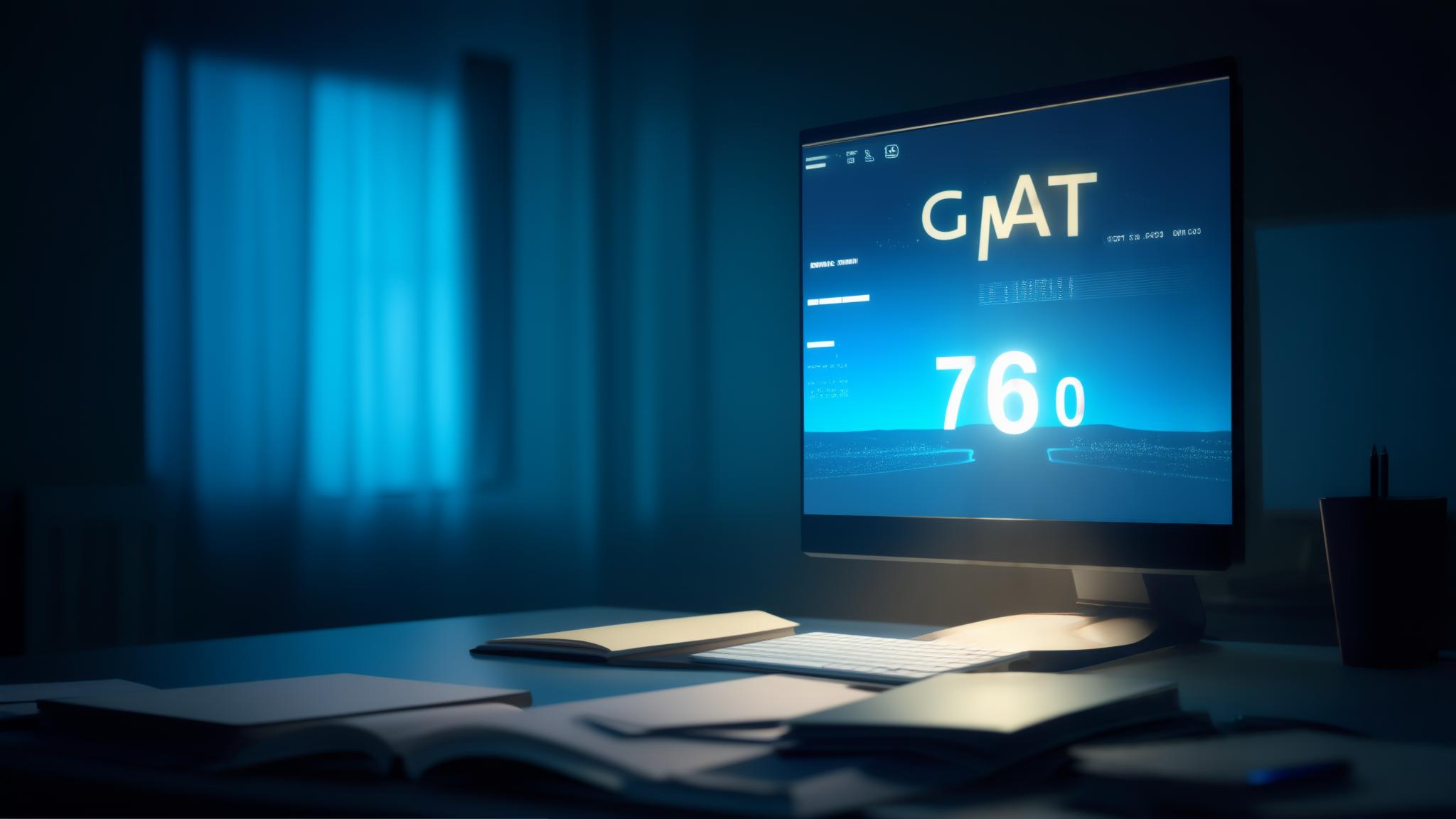-
Table of Contents
- The Elusive Perfect Score: Understanding LSAT Performance and Attainability
- Understanding the LSAT Scoring System
- The Significance of Scaled Scores
- The Role of Percentiles
- What Percentage of LSAT Takers Get a Perfect Score?
- Historical Context and Data
- Case Study: The Journey to Near-Perfection
- Factors Influencing LSAT Performance
- Preparation Time and Strategy
- Cognitive Abilities and Skills
Okay, here’s a comprehensive, SEO-optimized article about the percentage of LSAT takers who achieve a perfect score, designed for a WordPress editor and exceeding 2000 words.
“`html
The Elusive Perfect Score: Understanding LSAT Performance and Attainability
The Law School Admission Test (LSAT) stands as a critical gateway to legal education in the United States, Canada, and beyond. Aspiring lawyers dedicate countless hours to mastering its complex sections: Logical Reasoning, Reading Comprehension, and Logic Games (Analytical Reasoning). While a high score significantly boosts admission chances to top law schools, the pursuit of a perfect score remains a daunting, almost mythical, goal for many. Understanding the rarity of a perfect LSAT score, the factors influencing it, and the broader context of LSAT performance is crucial for anyone embarking on this challenging journey. This article delves into the statistics, the preparation strategies, and the overall landscape of LSAT scoring to provide a comprehensive overview.
Understanding the LSAT Scoring System
Before exploring the percentage of test-takers who achieve perfection, it’s essential to understand how the LSAT is scored. The LSAT is scored on a scale of 120 to 180, with 120 being the lowest possible score and 180 being the highest. The score is based on the number of questions answered correctly; there is no penalty for incorrect answers. The raw score (number of correct answers) is then converted to a scaled score using a statistical process called equating. This process ensures that scores are comparable across different administrations of the test, accounting for variations in difficulty.
The Significance of Scaled Scores
The scaled score is what law schools primarily use to evaluate applicants. A higher scaled score indicates a stronger performance on the test and, presumably, a greater aptitude for legal reasoning. The median LSAT score for admitted students varies significantly across different law schools, with top-tier institutions often having medians in the high 160s or even low 170s. Therefore, aspiring law students often aim for a score that exceeds the median of their target schools.
The Role of Percentiles
In addition to the scaled score, LSAT score reports also include a percentile rank. The percentile rank indicates the percentage of test-takers who scored below a particular score. For example, a score in the 90th percentile means that the test-taker scored higher than 90% of all other test-takers. Percentiles provide a valuable context for interpreting LSAT scores and understanding how a particular score compares to the overall pool of applicants.
What Percentage of LSAT Takers Get a Perfect Score?
Now, let’s address the central question: **What percentage of LSAT takers get a perfect score?** The answer is: exceedingly small. The Law School Admission Council (LSAC), the organization that administers the LSAT, does not release precise figures on the number of perfect scores for each administration. However, based on available data and historical trends, it’s estimated that less than 1% of all LSAT takers achieve a perfect score of 180. In fact, it’s closer to 0.1%.
Historical Context and Data
While exact figures are elusive, we can infer the rarity of perfect scores from various sources:
- LSAC Score Distributions: LSAC publishes score distributions for each testing year. These distributions show the percentage of test-takers who fall within specific score ranges. The percentage of test-takers scoring in the 175-180 range is consistently very low, indicating that perfect scores are exceptionally rare.
- Test Preparation Company Data: Major LSAT test preparation companies, such as Kaplan, Powerscore, and The Princeton Review, track the performance of their students. While they don’t release aggregate data on perfect scores, they often emphasize the difficulty of achieving a perfect score and the importance of focusing on improving overall performance rather than fixating on perfection.
- Anecdotal Evidence: Discussions on online forums and communities dedicated to LSAT preparation often highlight the rarity of perfect scores. Test-takers who achieve near-perfect scores (e.g., 170s) are often considered to be in the top echelon of performers, further underscoring the difficulty of reaching 180.
Case Study: The Journey to Near-Perfection
Consider the case of Sarah, an aspiring law student who dedicated six months to rigorous LSAT preparation. She consistently scored in the mid-160s on practice tests and worked diligently to improve her weaknesses in Logic Games. On her official LSAT, she achieved a score of 172, placing her in the 99th percentile. While she was thrilled with her score, she acknowledged that achieving a perfect score would have required an even greater level of precision and consistency, something that is incredibly difficult to attain under the pressure of the actual test.
Factors Influencing LSAT Performance
Several factors contribute to LSAT performance, and understanding these factors can help aspiring law students develop effective preparation strategies.
Preparation Time and Strategy
The amount of time dedicated to LSAT preparation is a significant factor. Most experts recommend dedicating at least three to six months to studying, with some students requiring even longer. However, the quality of preparation is just as important as the quantity. Effective preparation strategies include:
- Diagnostic Testing: Identifying strengths and weaknesses through diagnostic tests.
- Targeted Practice: Focusing on areas where improvement is needed.
- Full-Length Practice Tests: Simulating the actual test environment to build stamina and manage time effectively.
- Review and Analysis: Carefully reviewing mistakes and understanding the reasoning behind correct answers.
Cognitive Abilities and Skills
The LSAT assesses a range of cognitive abilities and skills, including:
- Logical Reasoning: The ability to analyze arguments, identify assumptions, and draw inferences.
- Reading Comprehension: The ability to understand and interpret complex texts.
- Analytical Reasoning (Logic Games): The ability






